Goodwin & Company knows that one of the essential elements of being on the board of directors for your HOA is dealing with homeowner violations. Issues that involve the breaking of association rules and regulations are delicate and require a well-worded violation letter to ensure that steps towards proper resolution are taken.
Let’s find out why violation letters are such an important part of your responsibilities and how you and your management team can craft a violation letter that leads to successful change.
Why Do Violations Letters Matter?
The rules of your association are concrete and in place to ensure that your community remains uniform and appealing to future owners. When a current member violates one of the association bylaws, it’s paramount that your board takes action as soon as possible.
Violation letters serve as a polite way of communicating a need for change while still having concrete proof in the physical documentation. In an HOA, when conflict arises, documentation is everything. So, here are some tips for ensuring that your next violation letter is something that pushes towards positive, effective change.
There is a Clear Purpose to the Letter
Make sure that your violation letter is clear about what it is that the owner has done wrong. The easiest way to add clarity to your letter is to provide the specific part of your community covenants that relate to the violation in question.
This approach makes your letter official and more than a standard complaint that can come off as something the owner may view as an optional resolution.
Provide Evidence
If you can, provide supporting evidence that shows the issue at hand. This will further clarify your reasoning behind the violation notice and allow the owner to have zero doubt about where the issue was found on their property.
Request for Changes or Resolution
Make sure that your letter is clear about what the owner needs to do in order to bring their account back into good standing. Be specific and provide them with reasonable solutions that will successfully and quickly resolve the violation.
Give Owners a Timeline to Change
Without an official deadline to make changes, you can’t expect homeowners to act quickly. Your goal should be to resolve violations as quickly as possible. So, as you think of a deadline, consider the type of violation involved and the type of work that will need to be completed to resolve the issue.
Timelines can range from a couple of days to a month or longer. The deadline you come up with all depends on the specific situation your violation letter hones in on.
Provide Details of Potential Disciplinary Hearings
Remember, your homeowners have the right to contest a violation letter. Always give them this option and provide them with the information they will need to schedule a disciplinary hearing where their side of the violation can be heard.
You’ve Crafted the Perfect Letter. Now What?
Before sending out your letter, check your community’s governing documents regarding how to properly deliver the letter. Your community may require a standard mail delivery or an in-person delivery. Whatever the case is, follow the rules on your behalf just in case the owner checks in on how you followed procedure.
Once the letter is delivered, check in on the changes the owner has made with regard to the violation. If the deadline for change has passed with no action, it’s time to craft a follow-up warning. This letter should cover similar ground but contain a firmer tone. Again, grant them a period of time to make changes.
If a third letter is required, you will need to get your HOA management team and the association’s legal counsel involved to determine your next steps in resolving the problem.
Stay On Top of HOA Violation Letters with the Help of Goodwin & Company
Violation letters are necessary for keeping your association uniform and property values on the rise. If you are a board member or manager of a Dallas HOA, you need a HOA management team on your side that can help organize your violation letters, catch up with owners and move forward with legal proceedings when necessary.
Goodwin & Company is prepared to be your association’s behind the scenes partner. Contact us today to learn more about our services.









